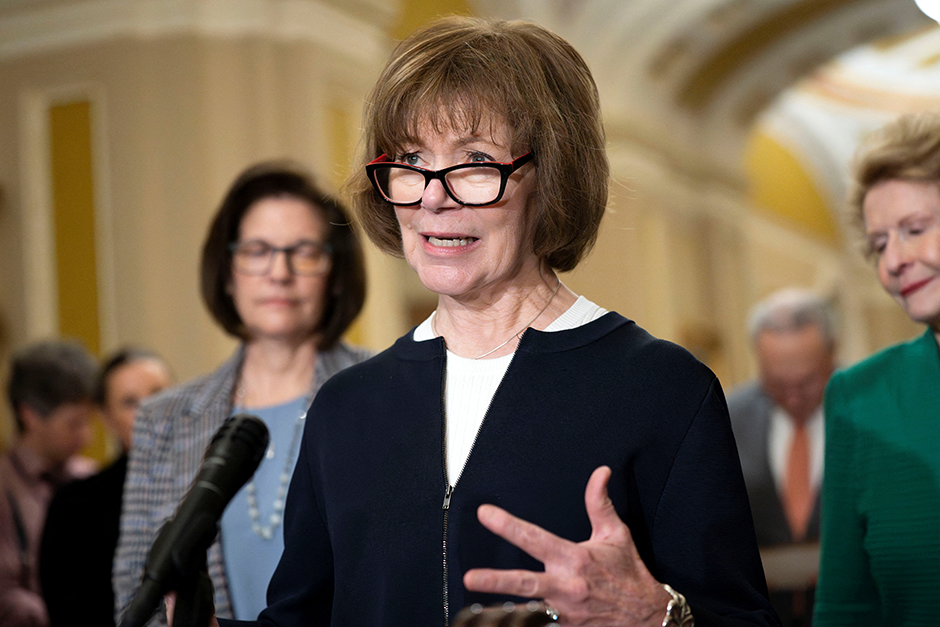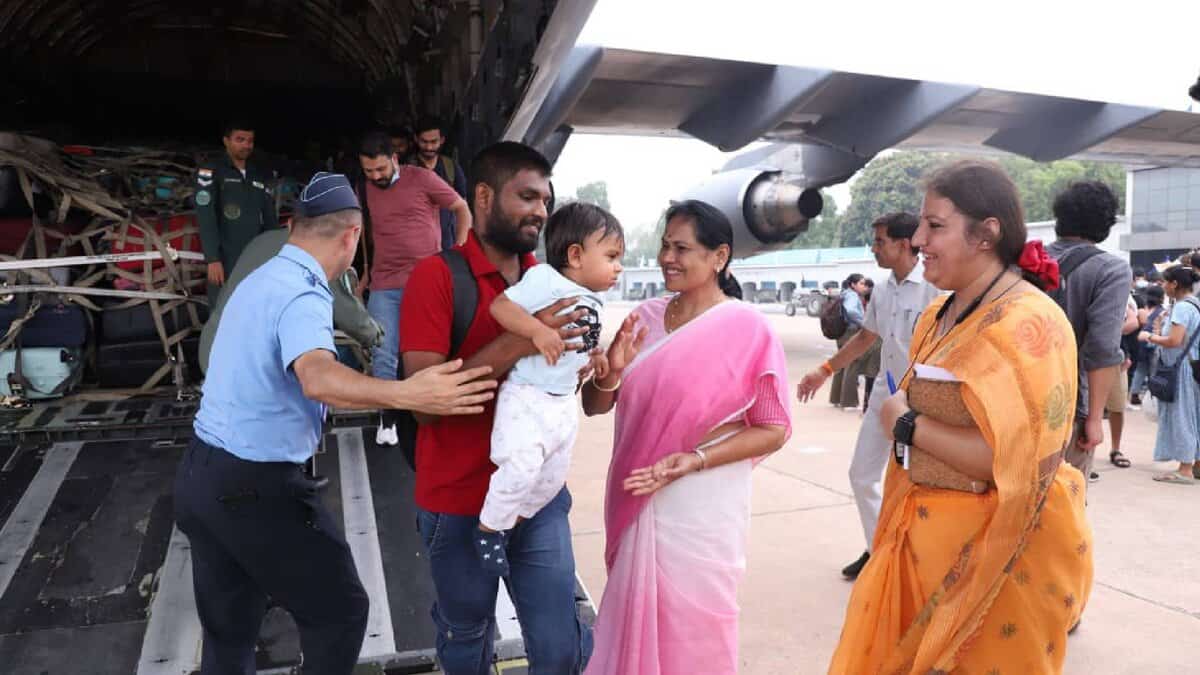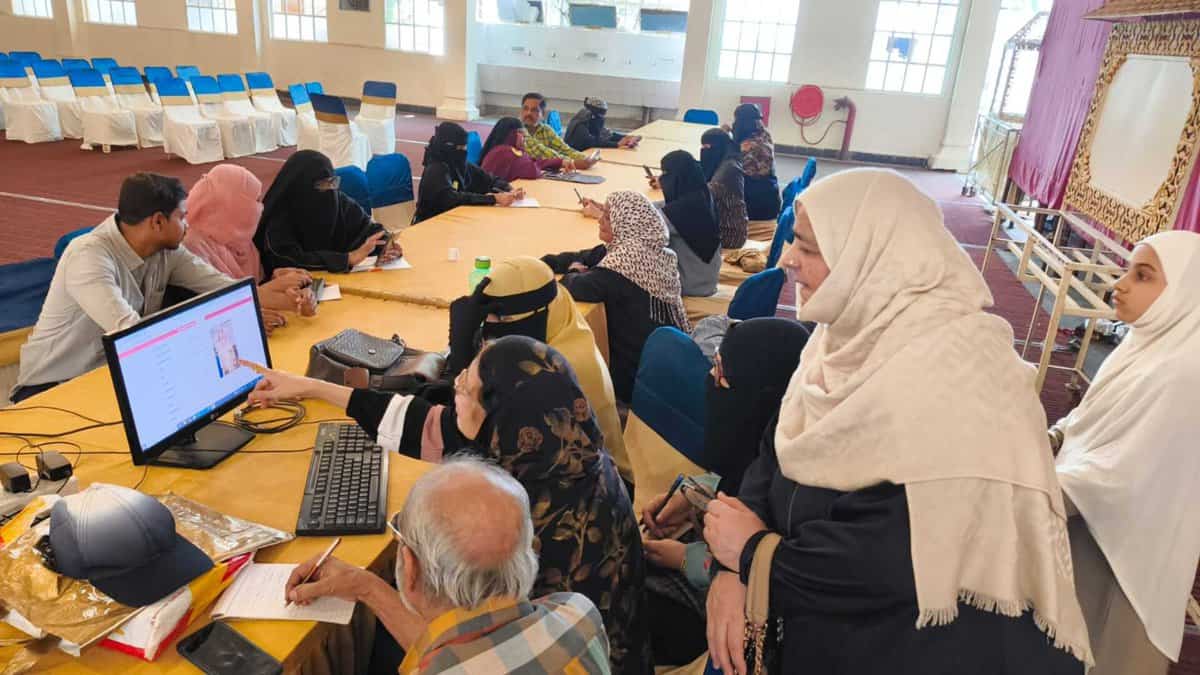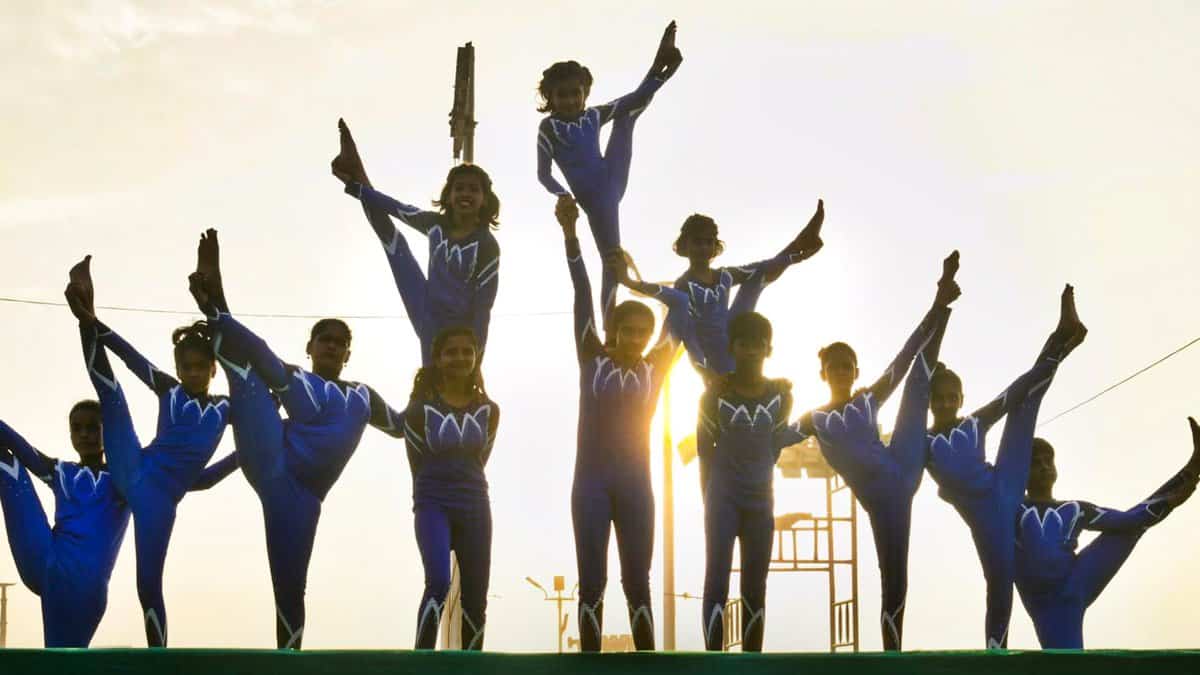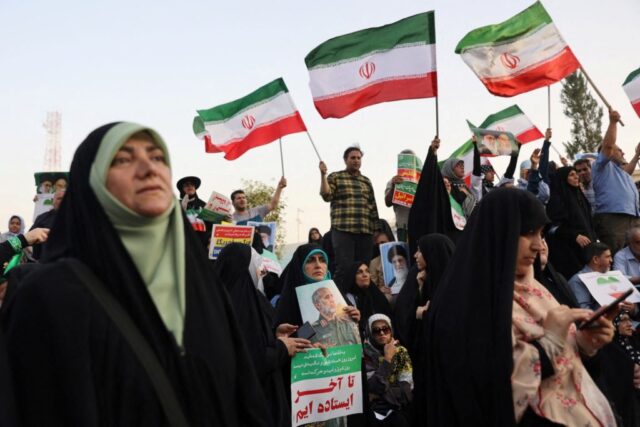Geoff Bennett:
Now to two additional perspectives on the conflict with Iran.
Aaron David Miller is a senior fellow at the Carnegie Endowment for International Peace and a longtime State Department official in both Democratic and Republican administrations. And Holly Dagres is a senior fellow at The Washington Institute for Near East Policy. She spent her teenage years in Tehran and curates The Iranist. That is a weekly newsletter.
Our thanks to you both for being here.
Aaron David Miller, I will start with you and your initial reactions to this U.S. intelligence assessment, this early assessment, that believes the strikes on Iran’s nuclear program send it back only a few months at best.
Aaron David Miller, Carnegie Endowment for International Peace: You know, as a former member of the intelligence community, I take clear, accurate, and unbiased and non-politicized intelligence seriously.
DIA’s estimates have always been pretty conservative, and it’s early days yet, as the Brits would say. This is one assessment. And, frankly, since I don’t believe in Hollywood endings in this region, game changers, inflection points, transformations, I think we have to be very, very, very sober and clear-eyed about the road that lies ahead, A, in terms of what damage we have actually done that would, in the administration’s or the president’s words — quote — “totally obliterate” — unquote — Iran’s nuclear program.
I don’t think that’s what’s occurred. And, second, how you convert a tenuous cease-fire into a full cessation of hostilities, and then a political agreement, which seems to me the only way to actually — unless we’re talking about changing the regime, the only way to guarantee, if there is such a guarantee, that Iran won’t have a nuclear weapon.










